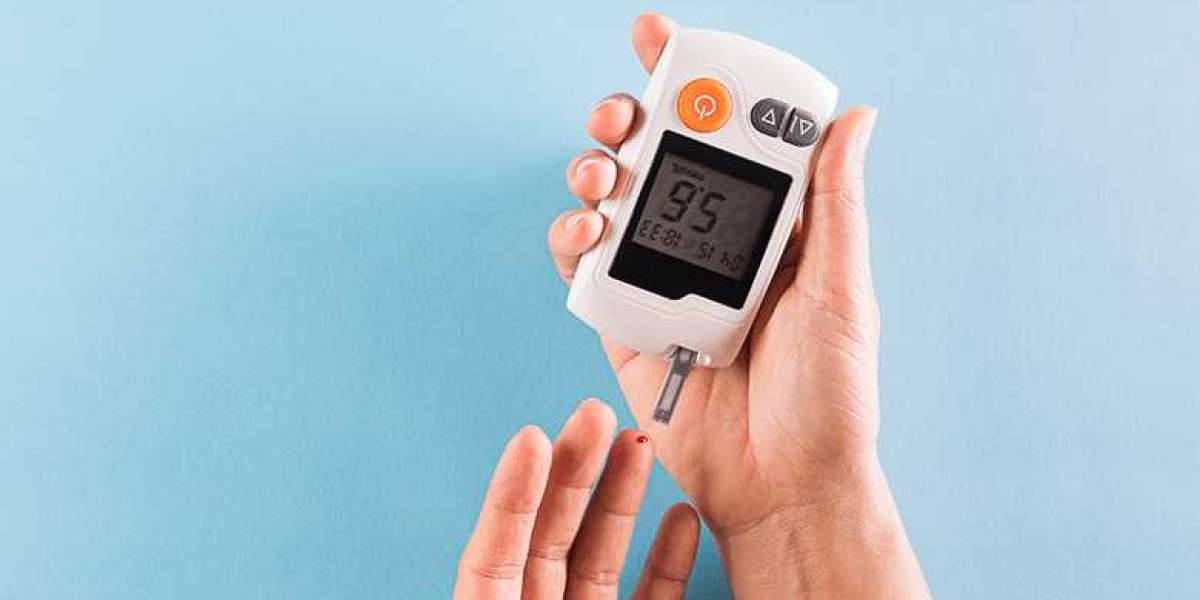Many cases of ED can be corrected with oral PDE-5 inhibitors, and penile injections are another option. Pudendal arteriography is useful to help identify the vascular anatomy for patients who may benefit from revascularization surgery.
Causes
Getting and keeping an erection involves complex interactions of vascular, neurologic, endocrine and psychological systems.Vidalista Black 80 mg normal to have erection problems from time to time, but if you struggle with ED consistently it can have serious effects on your relationships and quality of life. It also can be a sign of an underlying health condition that needs treatment or a risk factor for heart disease.
Causes of erectile dysfunction include conditions that restrict blood flow to the penis, such as hardening of the arteries (atherosclerosis), diabetes and other health issues. Certain medications and mental states can contribute to erectile dysfunction, too. Depression, stress and anxiety can activate the sympathetic nervous system, which may restrict blood flow to the penis. Psychological states, including performance anxiety and relationship problems, can also have a negative impact on sexual response. For this Buy Vidalista 60 online, which can be used to remove impotence in men and increase the power of having sex.
To determine the cause of your erectile dysfunction, your health care provider will ask questions about your past experiences with sex and perform a physical exam. He or she will also order lab tests, such as a complete blood count to check for anemia. Your doctor might refer you to a Urologist for additional testing and a rectal exam. Medications like sildenafil (Viagra), vardenafil (Levitra, Staxyn) and tadalafil (Cialis) can help improve an erection by increasing blood flow to the penis.
Symptoms
A GP can assess your symptoms by asking you questions about your experiences of sexual activity. For example, your doctor may ask you to rate how often and how hard you have erections. They may also ask about whether you have erectile problems during intercourse and what you do to achieve an erection, such as oral stimulation or masturbation.
Occasional ED is not uncommon and can be caused by things like stress, tiredness or drinking too much alcohol. But if you regularly experience ED, your doctor may be able to identify an underlying health condition that needs treatment, such as high blood pressure or diabetes.
Your GP may want to carry out some tests or refer you to a specialist. These might include blood tests to measure cholesterol levels and blood flow, an ultrasound scan of your penis and a pelvic examination to look for signs of enlarged prostate (peyronie’s disease). They may also want to do some specialised tests such as the five-question International Index of Erectile Function questionnaire.
Treatment for erectile dysfunction is mainly medicines that increase the blood flow to the penis, called PDE-5 inhibitors. Examples are sildenafil, which you can buy over the counter in low doses, and other branded types. Your GP or a sexual health clinic can prescribe these, and can check that they are safe for you given any heart or blood pressure conditions you might have.
Diagnosis
Most people have some trouble getting and keeping an erection at times, but it isn't usually something to worry about. If your erectile dysfunction starts to get worse and affects your quality of life, talk to your doctor.
Your doctor will give you a physical exam and check your vital signs. They will also ask about your sexual history and what you think may be causing the problem. The questions can seem private and embarrassing, but your doctor needs to know the whole picture so they can find the right treatment for you.
Some conditions can cause ED, such as vascular, neurologic and hormonal disorders. Other causes can be due to medications or a combination of factors. For example, diabetes can interfere with nerve function and can make it harder to have an erection. A traumatic brain injury, spinal cord injury or surgery can reduce the flow of testosterone that is needed for an erection. Finally, aging and some chronic diseases can also contribute to ED.
ED can sometimes be caused by mental health problems, such as depression or anxiety, which are often linked to stress, relationship problems and the loss of self-esteem. These issues can be treated with therapy, which may include psychotherapy, cognitive behavioral therapy or a combination of these approaches. If depression is causing your erectile dysfunction, antidepressants can help.
Treatment
Men who have ED often find relief from a variety of medical, behavioral and surgical treatments. Most doctors recommend a stepwise approach that begins with the least-intrusive option.
Treatment options include medication and surgical implantation of a penile prosthesis. Before your doctor can prescribe a drug or perform an intervention, he needs to do some tests. These might include a blood test to look for diabetes or other health problems that affect blood flow to the penis. He might also do an ultrasound of the arteries that supply the penis (the penile vasculature), which creates a video image for him to see. He might also do a urological exam of the kidneys, bladder and prostate and listen to the urethra for bruits, which are sounds that indicate a problem with blood flow.
Your doctor may also ask about your sexual history and how you and your partner have been handling your ED. He might also talk with you about your family health history and ask about any recent major stresses or life changes that could be affecting your sexual function.
If your ED has a psychological cause, counseling with a sex therapist might help. He or she can teach you and your partner healthier ways of dealing with sexual difficulties. Low hormone levels can also contribute to erectile dysfunction. In some cases, your doctor might prescribe testosterone to replace what you're not producing naturally.













